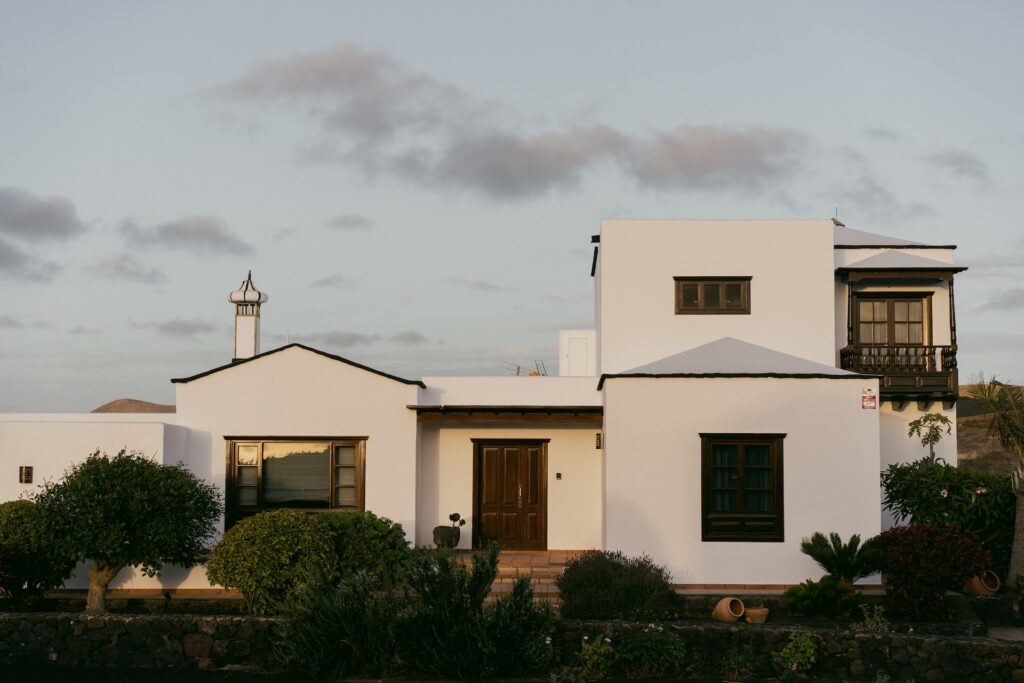House Flipping vs. Buy-and-Hold: Choosing the Right Strategy for Investing in Atlanta Real Estate
When it comes to investing in Atlanta real estate, there are various strategies to consider. Two popular approaches are house flipping and buy-and-hold investments. Both strategies offer unique advantages and considerations, and choosing the right one for you depends on your goals, risk tolerance, and investment preferences. In this article, we’ll explore the key differences between house flipping and buy-and-hold investments, helping you make an informed decision about which strategy suits your needs.

House Flipping: The Basics
House flipping involves purchasing a property, renovating it, and selling it quickly for a profit. The goal is to buy properties below market value, make improvements that increase their market appeal, and sell them at a higher price. Here are some key factors to consider when evaluating house flipping as an investment strategy:
- Time Commitment: House flipping requires an intensive time commitment. You’ll need to research potential properties, secure financing, manage renovations, and coordinate the sale. This strategy is best suited for investors who are willing to dedicate substantial time and effort to each project.
- Quick Returns: The primary advantage of house flipping is the potential for quick returns. Successful flips can generate significant profits in a short period. However, the returns are not passive and depend heavily on the real estate market’s fluctuations.
- Renovation Skills: House flipping often involves significant renovation work. Having basic construction and renovation knowledge can be advantageous, as it enables you to assess potential renovation costs accurately and manage contractors effectively.
- Market Timing: Timing is crucial in house flipping. You’ll need to buy properties when the market favors buyers and sell when demand is high. Being well-informed about Atlanta’s real estate market trends and having a deep understanding of local neighborhoods is essential.
Buy-and-Hold: The Basics
Buy-and-hold investing involves purchasing a property and holding it for an extended period, typically renting it out to generate passive income. Here are some key factors to consider when evaluating buy-and-hold investments:
- Long-Term Appreciation: Buy-and-hold investments offer the potential for long-term appreciation. Over time, properties generally increase in value, allowing you to build equity and generate significant returns.
- Passive Income: The primary advantage of buy-and-hold investments is the potential for generating passive income through rental payments. This can provide a steady cash flow that can supplement your income and grow over time.
- Property Management: Managing rental properties requires attention to detail and effective property management. This includes finding reliable tenants, addressing maintenance issues promptly, and ensuring proper tenant-landlord relationships. You can choose to handle property management yourself or hire a professional property management company.
- Market Stability: Buy-and-hold investments are less dependent on market timing than house flipping. They offer more stability, as long-term appreciation can offset short-term market fluctuations.
Choosing the Right Strategy
When deciding between house flipping and buy-and-hold investments in Atlanta, consider the following factors:
- Risk Tolerance: House flipping carries higher risks due to market fluctuations, renovation costs, and potential unexpected issues. Buy-and-hold investments tend to be more stable but involve long-term commitments.
- Financial Goals: Assess your financial goals and timeline. House flipping can generate quick profits, while buy-and-hold investments provide long-term income and equity growth.
- Personal Skills and Resources: Evaluate your skill set, available time, and resources. House flipping requires more hands-on involvement, while buy-and-hold investments demand effective property management and a long-term approach.
- Market Conditions: Analyze the current Atlanta real estate market conditions. Consider factors such as housing demand, supply, interest rates, and economic indicators to gauge which strategy aligns better with the market outlook.
Ultimately, the choice between house flipping and buy-and-hold investments depends on your individual circumstances and investment objectives. If you’re seeking short-term profits, have the necessary renovation skills, and can dedicate significant time and effort to each project, house flipping may be the right choice for you. On the other hand, if you prefer a more passive income stream, long-term wealth accumulation, and are willing to manage rental properties, buy-and-hold investments may better align with your goals.
